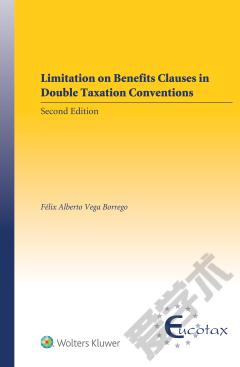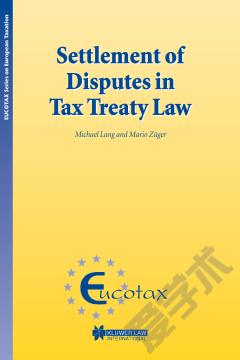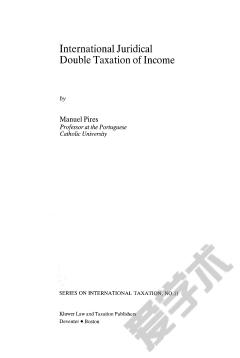Limitation on Benefits Clauses in Double Taxation Conventions
Upfront planning for international structures is crucial to ensure coverage under bilateral tax treaties. However, because treaty shopping – whereby a third-party national or a corporation sets up a shell company in order to minimize or eliminate income tax – can potentially be facilitated by taking advantage of double taxation conventions, companies must carefully scrutinize and comply with requirements found in the limitation on benefits (LOB) clauses in tax treaties. This second edition of the only publication directly analysing the legal framework and application of LOB clauses in double taxation conventions adds detailed coverage of such major recent developments as the recent tax treaties concluded between the United States (US) and European Union (EU) Member States, the last version of the US Model Tax Convention (2016), the OECD/G20 project on Base Erosion and Profit Shifting (BEPS), and relevant new rulings handed down by the European Court of Justice. Among the subjects and topics covered are the following:– definition of the concepts of person and residence provided in the OECD model;– concept of beneficial owner;– application of domestic anti-avoidance rules;– adoption of specific provisions to counter the phenomenon of treaty shopping;– determination of sufficient nexus with the state of residence or a real business purpose;and – possible consequences of the incompatibility of LOB clauses with EU law.This new edition will continue to provide tax attorneys, tax professionals, and government officials with the perspective needed for effective decision-making in this realm of international taxation. Academics and researchers in taxation will also appreciate the in-depth and up-to-date coverage of this important subject.
{{comment.content}}








 京公网安备 11010802027623号
京公网安备 11010802027623号